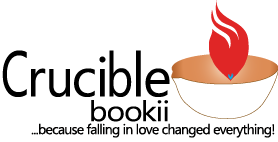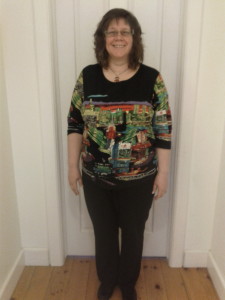Family Shame
I want to write about Shame.
I am coming to realize I grew up in a house where shame was used to control me.
“I am ashamed of you.” I can hear it rattling around in my head, feeling my face get hot. The feeling of not enough.
When I think of my parents now, I don’t really see this shame mentality. They don’t attempt to control me or to shame me into being who they want me to be any more. I wonder if it was trying to raise me by the dictates of their religion that had them “shame” me into good behavior. Certainly religion is linked in my head. I wasn’t good enough. Left alone, I would fall into disreputable behavior. I was very likely to act uncontrollably. There was definitely a feeling of not good enough. Of being a sinner.
There were some key areas that shame worked on me.
1. I would get “the look” when I ate food that was too “fattening”, whatever that was perceived to be. I would particularly get it if I ate bread or dessert. This might seem reasonable, except that for part of that time, I was a competitive swimmer. I remember one summer I was swimming 5 hours a day (seriously), and my mom suggested I choose either bread or dessert with dinner. It didn’t matter how much I exercised or how much I was in shape, I wasn’t thin enough and I ate too much.
2. Breasts. I should be ashamed of having large breasts just on principle. I should do everything possible to hide them–bras, camisoles, etc. And my nipples were the most shameful of all. This was particularly ludicrous when I was nursing my first child as a 25 year old single mother. Every time I nursed, some female relative would throw a blanket on top of us. By the time I had my twins, I simply didn’t have the time or the inclination to try to nurse under a blanket so the boobies were set free to feed my boys. I never could imagine why someone would want to have surgery to get breast implants. It didn’t make sense to me because of the sense of shame I felt about my own breasts. (As I am writing this, I can imagine the horror of my mother reading this.)
3. Getting pregnant. There was always some sense of shame when my family talked about pregnancy–probably because it was a product of sex. My parents were flat out ashamed of me when I was unmarried and pregnant with my daughter. Shame got in the way of my relationship with my family and left me very alone as a single mother. I guess the shame erases with the birth of the baby though, because there was less shame attached to my daughter, and it seemed to disappear after a few years because she is a treasured grandchild, and didn’t feel the shame for being born that I got for having her.
4. Being Queer and having children from a queer relationship. This was the final attempt at shaming me and I fought back. I finally knew they were wrong and I wasn’t willing to feel their shame. I realized they were simply mistaken. I told them they needed to get help. After the single mother stuff, I was shocked that they also felt shame at my married twin pregnancy through IVF. I thought they would be happy for me but instead they were ashamed, again. What would they tell their friends?
I have a great relationship with my parents now. As I write this, I worry that my words will harm them in some way. They were a product of their religion and their own learned shame. I also believe we need to name shame because we need to learn new ways to motivate.
For me it is so hard to look at my children and to see where I have used shame to try to control them. It is a parenting method that can get their attention. I am struggling to see new ways to motivate them and to step out of using shame. I feel my own inadequacy with my daughter who is living on her own. How do I celebrate her and embrace her for her humanity and also allow her the imperfection of being human? It isn’t easy. I can try to justify it (using shame) because I love her and want it to be easier for her. I want her to know everything I know without any of the pain of learning it. I also screw up and shame her sometimes because I can compel her to my way of thinking with shame.
Realizing this is excruciating.
Visited 1 times, 1 visit(s) today
2 Comments
Leave a Comment
You must be logged in to post a comment.





We look back and see the mistakes we have made even though they were unintentional. All we can do is love them and let them realize we are all human and not perfect. Communication is key. Talking about things with my adult children opens my eyes to my faults and my strong points.
This piece, like many others on the site, is remarkably courageous. I love you, sis!